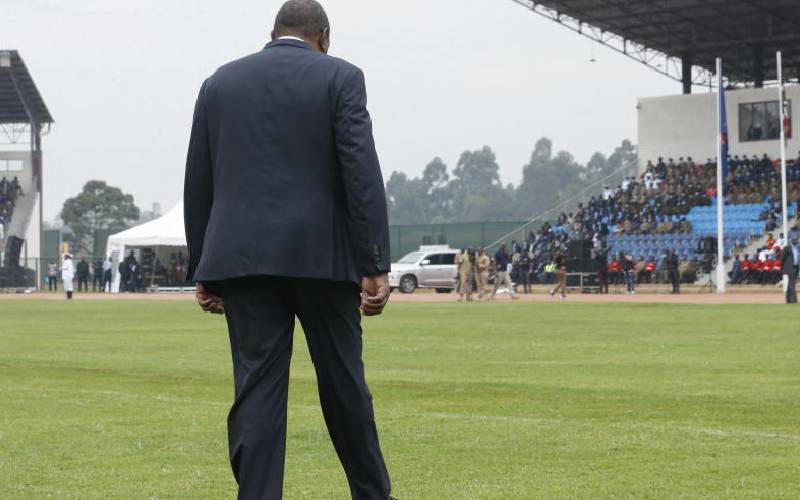×
The Standard e-Paper
Join Thousands Daily

Many political pundits have blamed former President Uhuru Kenyatta for his active role in succession politics which they believe has soiled his legacy, especially in his Mt Kenya backyard.
Deputy President Rigathi Gachagua who led the onslaught especially during the campaign season, warned the then Head of State that they would deal with him as their rival claiming he would head to his Ichaweri home dejected and frustrated.